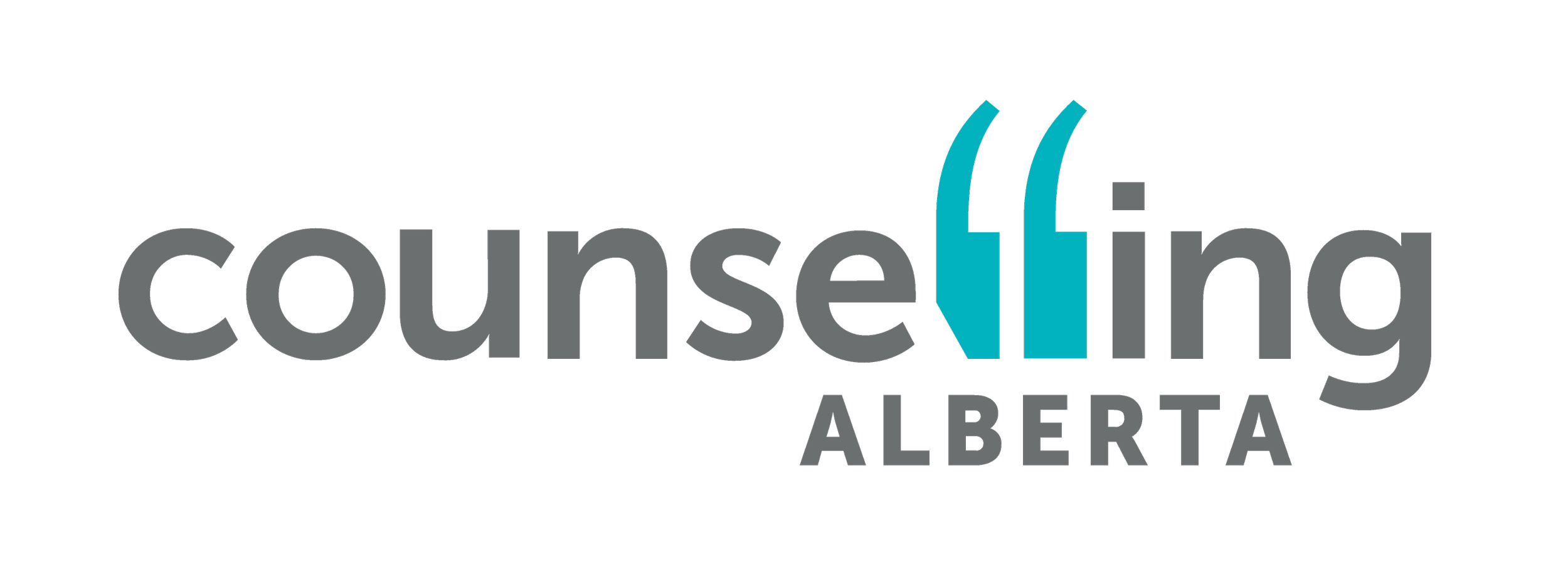Showing up for yourself when you’re grieving
When we talk about grief, we often focus on emotional pain. But grief isn’t just emotional. In times of loss, our bodies can carry more than we realize.
Grief can disrupt sleep. It can lead to changes in appetite, concentration, and energy. You may feel exhausted, detached, or completely drained. You might experience headaches, tightness in your chest, or digestive issues without realizing they’re linked to grief. These are all normal, physical responses to a painful experience. It’s your body’s way of responding when emotions become too much to bear.
That’s why foundational self-care is so important. And no, it’s not all about bubble baths and spa days. It’s about getting enough rest, staying hydrated, eating regular meals, and moving your body in gentle ways. Think of it like recovering after surgery: you need time, nutrients, rest, and support because your body is going through something real and demanding.
But here’s the challenge: when you’re grieving, even the smallest acts of care can feel like a mountain to climb. The motivation and energy may not be there, and everything might feel pointless and hollow. In those moments, it can help to pause and ask yourself—if I stop caring for myself , where might that lead?
You don’t have to handle it all at once. Even small, consistent efforts can make a big difference. Try creating a simple routine: drink a glass of water when you wake up, step outside for five minutes of sunlight, or stretch before bed. These tiny acts of care are how healing begins, quietly, slowly, and often without us realizing it. They help regulate your nervous system and bring a bit of balance back to your day and over time build a quiet foundation for healing.
Grief is hard. And showing up for yourself while grieving can feel even harder. But every small act of nourishment is a quiet reminder: I matter. I deserve care.
You don’t have to do it perfectly. Just start small. And if it still feels too heavy, know that counselling can offer support, guidance, and encouragement when you need it most.
Information for the blog was provided by psychologist Ashley Enzie.


